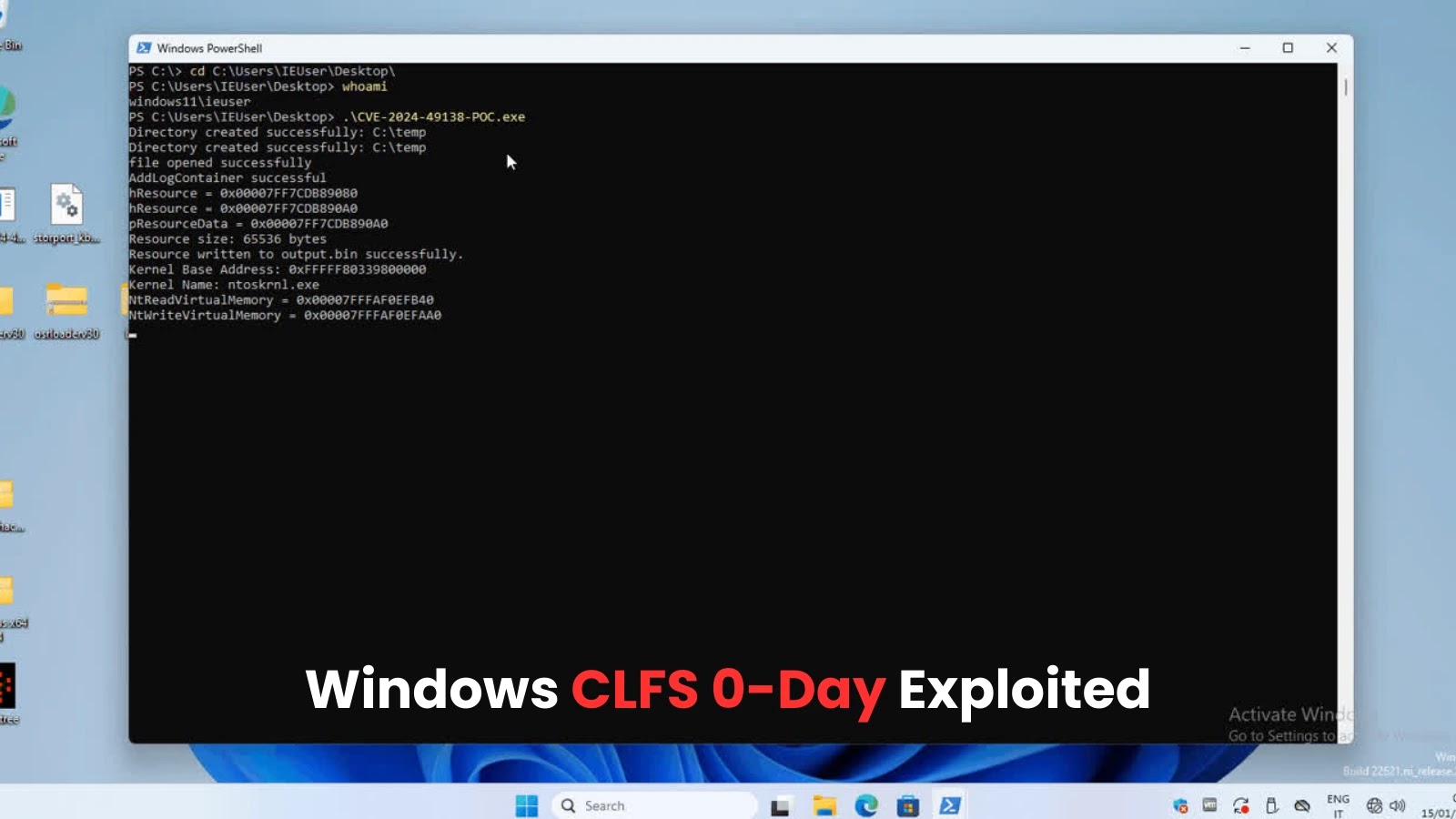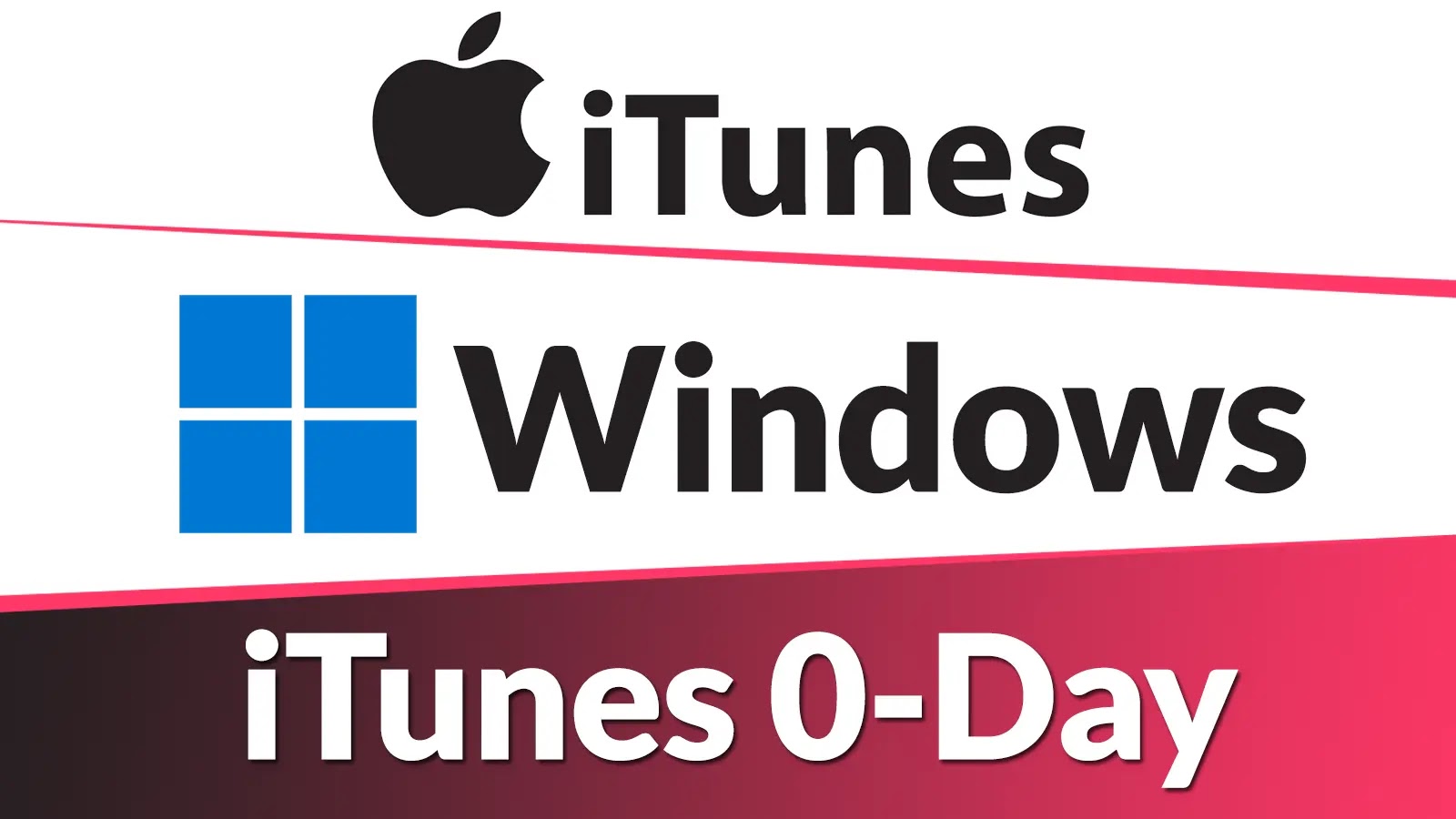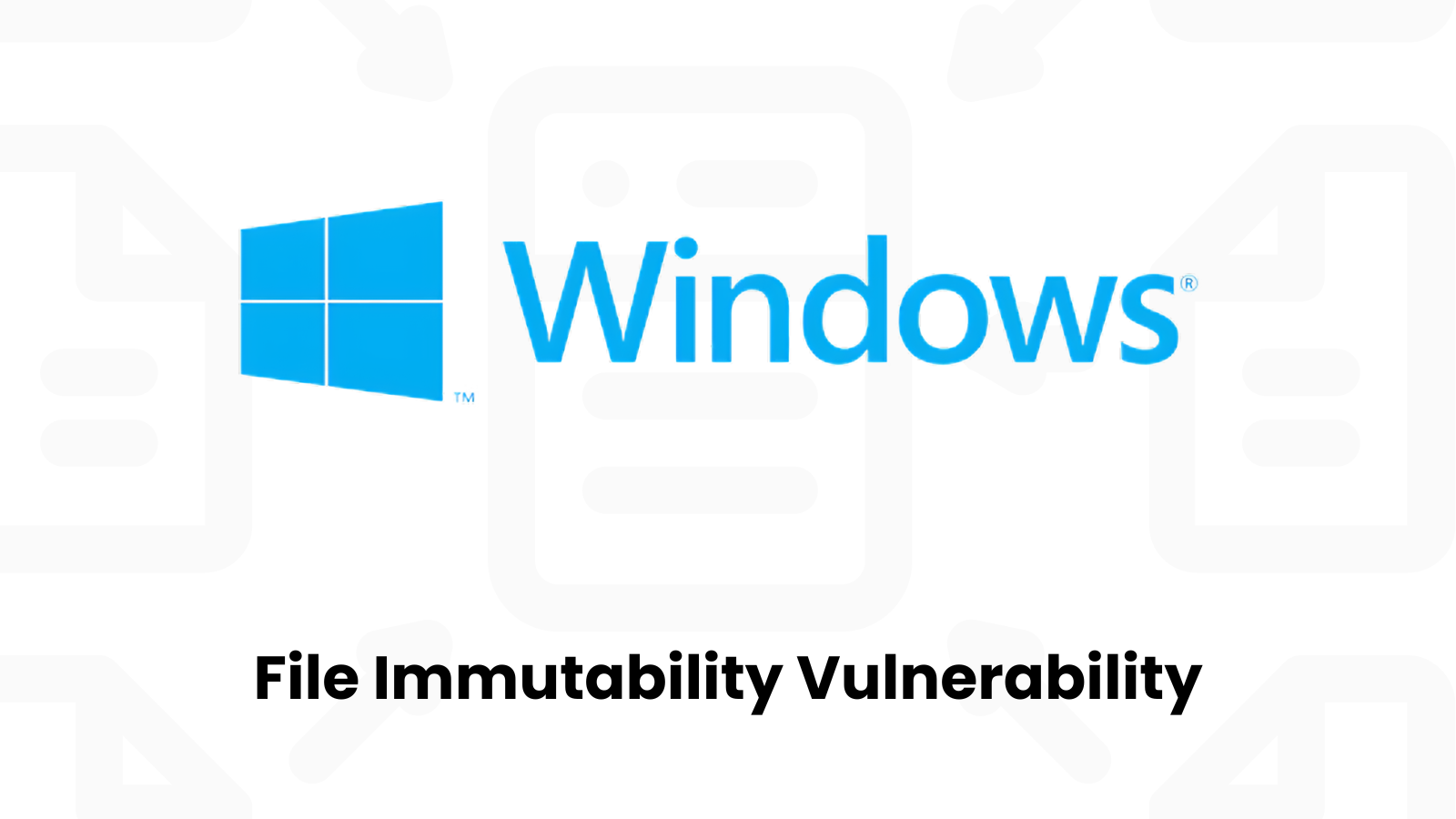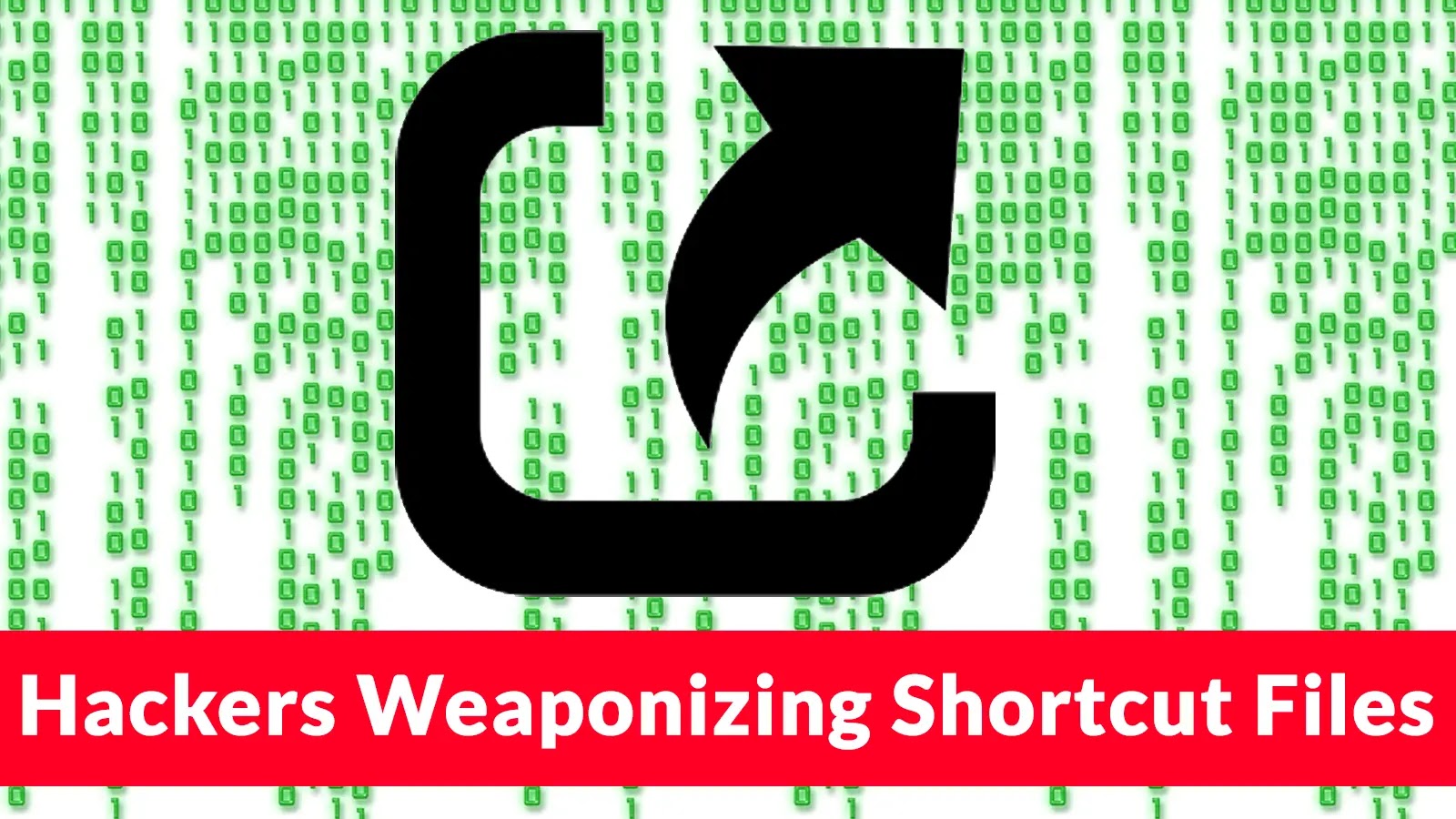A zero-day vulnerability in the Windows Common Log File System (CLFS) driver, designated as CVE-2024-49138.
This critical flaw, identified by CrowdStrike’s Advanced Research Team, allows attackers to escalate privileges to SYSTEM level without requiring user interaction, posing significant risks to Windows systems, particularly those running the latest Windows 11 (23H2) version.
The Cybersecurity and Infrastructure Security Agency (CISA) has added CVE-2024-49138 to its Known Exploited Vulnerabilities Catalog, emphasizing the critical nature of this flaw.
As threat actors actively exploit this vulnerability, organizations must prioritize patching and maintaining robust security postures to safeguard against potential exploits.
Investigate Real-World Malicious Links & Phishing Attacks With Threat Intelligence Lookup – Try for Free
Overview Of The Zero-day Vulnerability Exploited
CVE-2024-49138 is classified as an Elevation of Privilege (EoP) vulnerability, primarily stemming from a heap-based buffer overflow (CWE-122).
The Common Vulnerability Scoring System (CVSS) has assigned it a score of 7.8, indicating a high severity level.
Exploitation requires local access and has low attack complexity, making it particularly concerning for organizations with inadequate security measures in place.
The vulnerability can be exploited by crafting malicious CLFS log files. Attackers with local privileges can execute arbitrary code, thereby gaining full control over the affected system.
This could lead to unauthorized data access and further exploitation within an organization’s network.
A proof-of-concept (PoC) exploit for the zero-day vulnerability CVE-2024-49138 was recently released by security researcher MrAle_98.
A PoC for exploiting CVE-2024-49138 has been developed and tested successfully on Windows 11 23H2.
The exploit leverages the buffer overflow vulnerability within the CLFS.sys driver, allowing attackers to elevate their privileges seamlessly.
In response to this urgent threat, Microsoft has released a patch as part of its December 2024 Patch Tuesday updates. Organizations are strongly advised to install the latest security updates immediately.
Install Security Updates: Ensure that all relevant patches are applied promptly.
Review System Configurations: Align systems with Microsoft’s security best practices to mitigate exposure risks.
Monitor for Indicators of Compromise: Scrutinize system logs for unusual activities indicative of privilege escalation attempts.
As a result, CVE-2024-49138 represents a serious threat that necessitates immediate action from IT departments worldwide.
Integrating Application Security into Your CI/CD Workflows Using Jenkins & Jira -> Free Webinar



